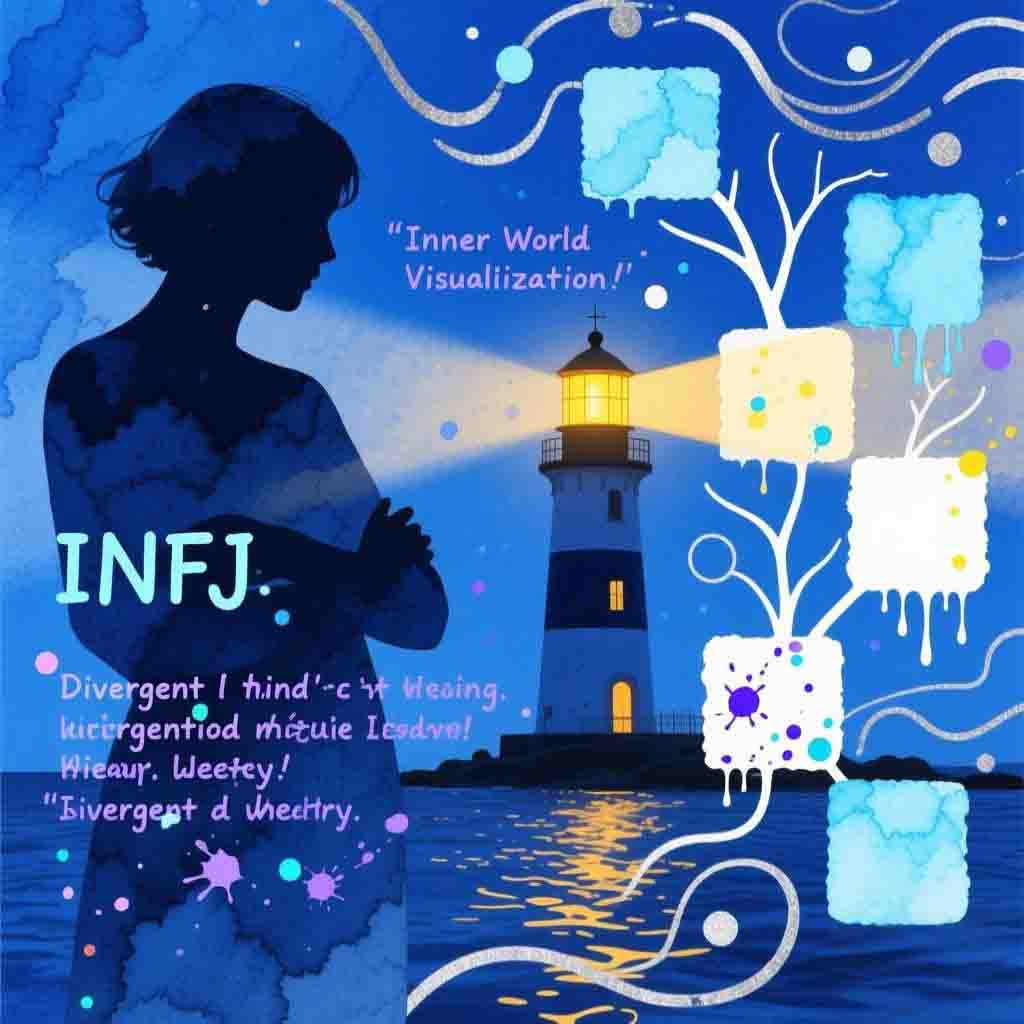The ENFJ’s Natural Gift for Connection
ENFJs, often called “The Teachers” or “The Mentors,” possess an innate ability to understand and connect with people. Their extraverted feeling function allows them to read emotional cues and group dynamics with remarkable accuracy. This makes them naturally gifted at creating harmony and fostering deep, meaningful relationships in both personal and professional settings.
What sets ENFJs apart is their genuine interest in helping others reach their potential. They don’t just notice surface-level interactions—they intuitively understand people’s hidden strengths and unspoken needs. This depth of perception allows them to form bonds that go beyond casual acquaintance into truly transformative connections.
Q: Are ENFJs naturally better at relationships than other types?
A: ENFJs have natural advantages in reading emotions and fostering harmony, but every personality type has unique relationship strengths. The key for ENFJs is learning to balance their natural gifts with self-care and healthy boundaries.
How ENFJs Create Such Deep Bonds
ENFJs build connections through a combination of active listening, genuine empathy, and strategic encouragement. They remember personal details about people’s lives, follow up on previous conversations, and naturally make others feel seen and understood. Their conversations often feel surprisingly deep, even when they’ve just met someone.
This personality type excels at creating psychological safety—the feeling that it’s safe to be vulnerable and authentic. People instinctively trust ENFJs because they demonstrate consistent care and rarely judge others’ feelings or experiences. This trust forms the foundation for the deep bonds ENFJs are known for creating.
Q: Why do people open up to ENFJs so easily?
A: ENFJs project authentic warmth and acceptance that makes others feel safe. Their non-judgmental approach and ability to reflect people’s own thoughts back to them creates an environment where vulnerability feels natural rather than risky.

Common Relationship Challenges for ENFJs
Despite their natural talents, ENFJs face specific challenges in relationships. Their desire for harmony can sometimes lead to avoiding necessary conflicts. Their focus on others’ needs may cause them to neglect their own until they reach a point of exhaustion or resentment.
Many ENFJs struggle with what’s sometimes called “the curse of the caregiver”—the difficulty in receiving care and support themselves. Having spent so much time in the helper role, they may feel uncomfortable being vulnerable about their own needs or accepting help from others.
The tendency to over-invest emotionally can leave ENFJs feeling drained. Learning to recognize early signs of emotional fatigue and setting clear boundaries becomes crucial for maintaining their wellbeing while continuing to nurture others.
Q: How can ENFJs avoid emotional exhaustion?
A: By scheduling regular self-check-ins, learning to say no without guilt, and recognizing that helping others doesn’t require sacrificing their own needs. Setting boundaries is actually a form of care—it ensures they can continue showing up for others long-term.
Practical Connection Strategies for ENFJs
The Balanced Listening Approach
Practice conversations where you consciously alternate between learning about the other person and appropriately sharing about yourself. Many ENFJs default to asking questions—challenge yourself to reveal your own thoughts and feelings too.
Scheduled Recharge Time
Block out regular alone time in your calendar, treating it as seriously as you would any other appointment. Use this time for activities that replenish your energy without any social demands.
The “Three Question” Boundary System
Before automatically saying yes to requests, ask yourself three questions: “Do I have the energy for this?” “Is this aligned with my priorities?” and “Am I agreeing because I want to or because I feel I should?”
Growth-Focused Conflict
Reframe disagreements as opportunities for deeper understanding rather than threats to harmony. Approach difficult conversations with curiosity about the other person’s perspective while honestly expressing your own needs.
Q: What’s the healthiest way for ENFJs to handle criticism in relationships?
A: Try to separate the feedback from your self-worth. Remember that addressing issues doesn’t mean the relationship is failing—it often means it’s deepening. Take time to process criticism privately before responding.
Creating Fulfilling Long-Term Relationships
ENFJs thrive in relationships where their efforts are reciprocated and their own growth is nurtured. The healthiest connections for this personality type are those where they can both inspire others and feel inspired themselves, where they can provide support but also receive it willingly.
These natural mentors flourish when they find partners and friends who appreciate their insight but also encourage them to pursue their own dreams beyond caregiving. The most balanced ENFJ relationships involve mutual growth, where both people feel equally seen and supported in becoming their best selves.
For ENFJs, the ultimate relationship success isn’t about creating perfect harmony but about building authentic connections where everyone—including themselves—feels valued for who they are, not just for what they provide to others.
Q: How can ENFJs recognize when they’re in a truly balanced relationship?
A: In balanced relationships, ENFJs feel comfortable expressing needs without guilt, receive support without having to ask repeatedly, and notice that care flows in both directions naturally. They feel energized rather than drained after interactions.


